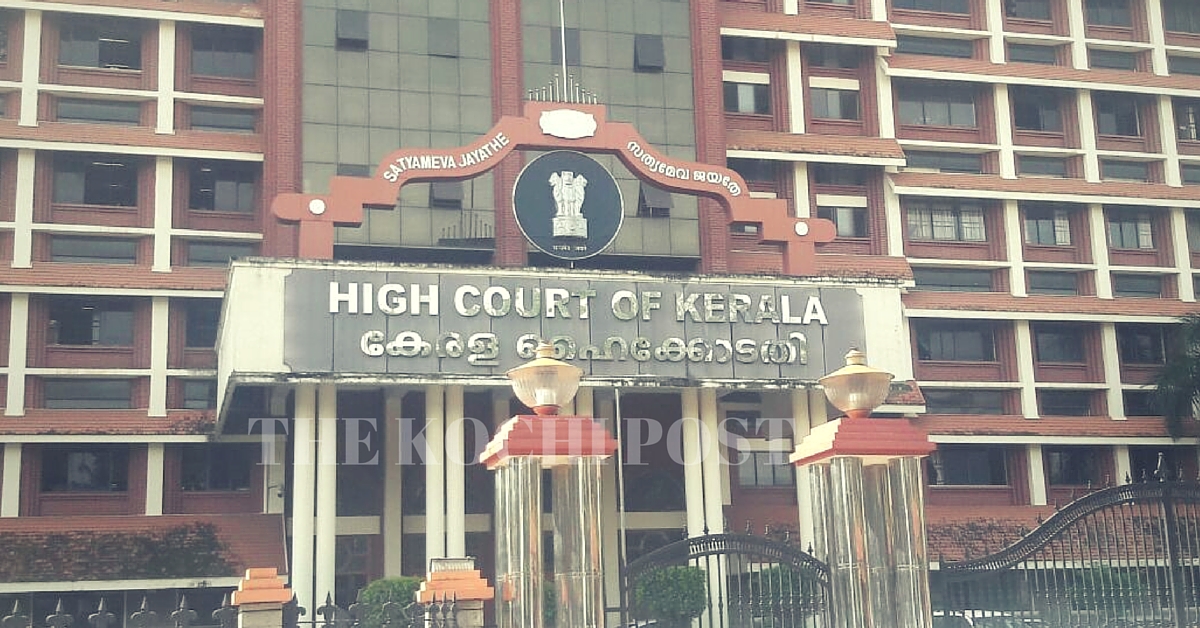Gujarat has voted the BJP back yet again. It is another matter that Amit Shah’s ambitious ‘Mission 150’ came a cropper. The Indian National Congress has improved its tally by a fair margin but didn’t do well enough to cross the line. Despite the huge anti-incumbency, farm distress, Patel agitation and backlash on account of demonetisation and GST, Congress still came up short. So, how do we read this result?
For the BJP, a narrow win is a huge wake-up call a year with just a year left for the Lok Sabha elections. A few results changing here and there would have turned the election on its head despite the difference in vote shares. They can also heave a sigh of relief that notwithstanding the tough challenge presented by a rejuvenated opposition, they still won the state on the back of Prime Minister Modi’s final push.
Meanwhile, Congress would have discovered that BJP is indeed mortal in Gujarat. An internal survey conducted by Congress had reckoned that they would win anywhere between 75-85 seats and this result largely vindicates the survey. Congress would also take heart from Rahul Gandhi’s positive campaign which contrasted with the Prime Minister’s usual dog-whistle politics. They will hope that this ripple could be converted into something bigger in 2019 to finally dislodge the BJP from power in 2022. But again, it wouldn’t be enough to play the waiting game forever and bank on anti-incumbency as this result once again proves that the Modi/Shah combine will not stop at anything to win elections.
Only the Communist Party of India (Marxist) in West Bengal has won more times than the BJP in Gujarat and this win clearly demonstrates that the BJP has developed a clever strategy around religious polarisation to win this state over and over again. It is generally accepted that Indian elections have largely been decided on caste or communal lines, or a combination of both, since the eighties. Is Gujarat polarised beyond redemption and has the BJP become unbeatable in the state?
That question will probably be settled in 2022. If a strong son-of-the-soil leader emerges to challenge the Prime Minister in the next election, the BJP might suddenly appear defeatable. Hardik Patel could probably mature into that challenger but as the Congress has just shown, it has a sizeable base in the state and any challenge mounted without the backing of the principal opposition would not yield success but only play to BJP’s advantage.
Congress will probably rue the fact that they lost precious time after the Uttar Pradesh election to work out a strategy for Gujarat. Instead, they were left fire fighting to save Ahmed Patel’s Rajya Sabha seat in August. Some critics might dub Rahul Gandhi’s temple visits in Gujarat as fighting the election on his enemy’s terms but these very critics would have hailed it as a smart strategy if the results had been different.
It wouldn’t be tough to argue with the contention that Prime Minister Modi won the election for the BJP. But did he win it fairly?
Even regular Modi apologists were stunned by his rhetoric at the fag end of the campaign and wondered why the Prime Minister had to diminish his stature to that extend. But if you have followed Narendra Modi long enough, you would realise that everything was based on a plan.
What explains the Prime Minister raising the pitch to such extreme levels and playing to the Hindutva gallery in the last leg?
It was probably based on ground reports by the RSS cadres that things were going beyond their control and the opposition had a decisive advantage going into the last fortnight. The Prime Minister knows better than anyone else that he would become a lame duck if he lost his home state during his term. He also feared that unlike any other state, a loss in Gujarat would also be read as a referendum on his three and a half years in office and he could hardly afford that.
Finally, a loss in Gujarat could have presented a huge question mark on his ability to get re-elected in 2019. Modi would recall what happened to his mentor Advani after the 2009 general elections and would be conscious enough to look over his shoulder to a certain Yogi and his experiments with hate politics.
But the Prime Minister not only staked his credibility that he had assiduously built up since his “Vikas” pitch in 2014 but eventually came out as a lesser individual. Modi, the Chief Minister of Gujarat, probably had more leeway to indulge in such communal politics but Prime Minister Modi is not expected to stoop to the level of an RSS pracharak for winning a state election.
Modi might do well to consider the cost of this victory. He might have won the election but he has lost the battle of perception.







